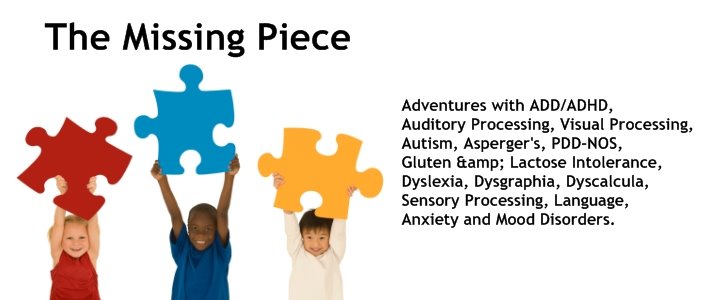Question:
Is there an
advantage in an intense approach when re-training the brain? I’ve seen research
that shows a drastic improvement when a student completes a program that is 20
hours a week for 4-6 weeks. Is that a better approach versus a 3 hour a week
program?
That is a great
question! Improving the brain's processing and learning does require intensity,
consistency, and frequency. We believe how much depends on the individual. Some
children do not do well working for multiple hours a day. They just fatigue too
quickly and then do not do as well for the rest of the time. The brain cannot
learn if it is stressed. In addition, when working with a child for multiple
hours a day, the individual may require more breaks and game time which takes
up part of those hours you are paying for. We have serviced some clients with a
lot of hours over a few months especially when they are not local and are here
from out of town temporarily. At the same time, for some individuals, having an
intense schedule can be beneficial and build the skills up very quickly.
A nice visual is to
think about each of us having a bucket in our brain. That bucket can be filled
with new learning and the size of the bucket will be different for each
individual and sometimes for different learning skills. Once the bucket is
full, it cannot hold any more and will begin to spill over. That is when you
see a child who is frustrated, tired, or anxious. If you keep trying
to put more into the bucket because the school district says you have to or
because your time isn't up in your session, you are wasting your effort. The
brain needs to integrate the new learning and empty the bucket so it will be
ready again to receive new information.
We see this especially
with children who have moderate to severe Dyslexia. We've had a few students
that become sleepy and begin to lose consciousness after working in an
Orton-Gillingham reading program after 10, 20, or 30 minutes. I know of some
parents who have gotten functional MRI scans done that have actually shown the
slow down or stoppage of activity in the brain when that 'bucket' is full. At
that point there is nothing we can do, they are done for that day. Over time we
can get the brain to last longer and learn more at a sitting, but it takes time
to get there. That's why we customize everything we do from the programs we
choose to the length of the sessions and what we do during the session.
Research does confirm
that in order to make a difference, increase weak processing skills, and close
the gap when a student is behind that the right program with intensity,
consistency, and frequency is the key. The intensity and frequency depends on
the individual and the program. We’ve seen huge changes in students’ abilities with
three hours, six hours or twenty-two hours a week. With cognitive skills
sometimes an individual also needs time for maturation and integration. If we
were to provide cognitive enhancement for an individual over nine days at four
hours a day we would not see as significant an improvement as doing it six
hours over twelve weeks.


No comments:
Post a Comment